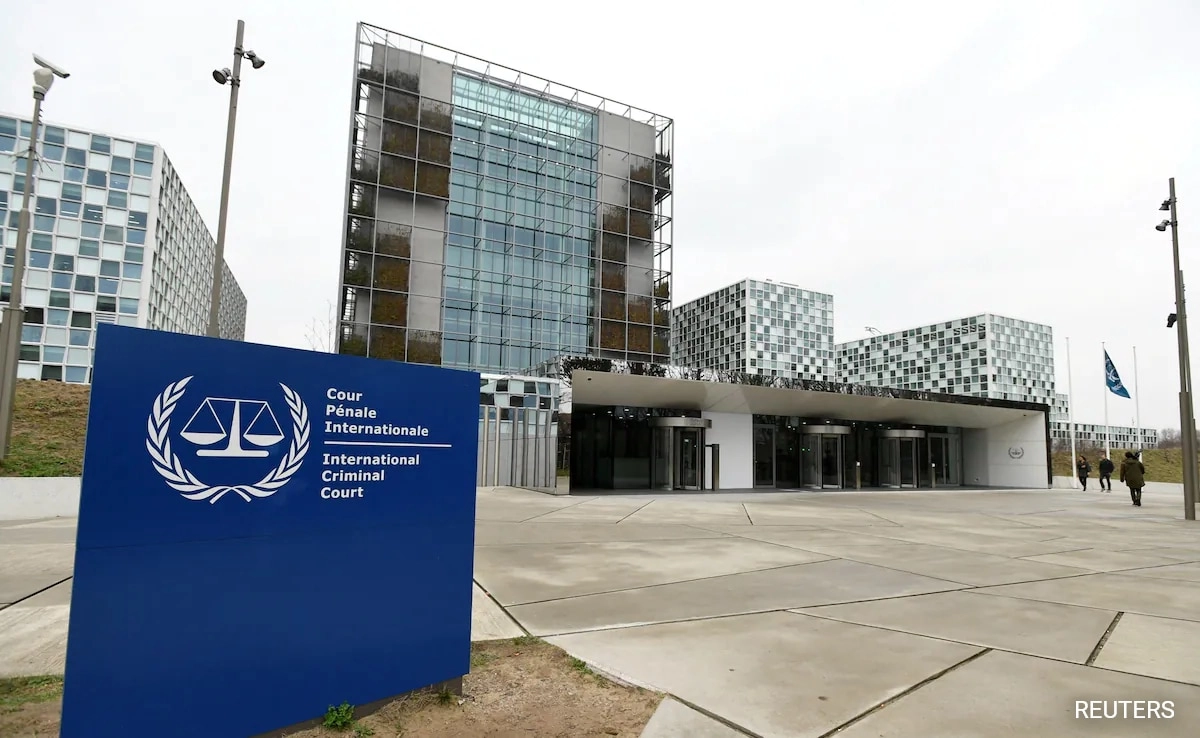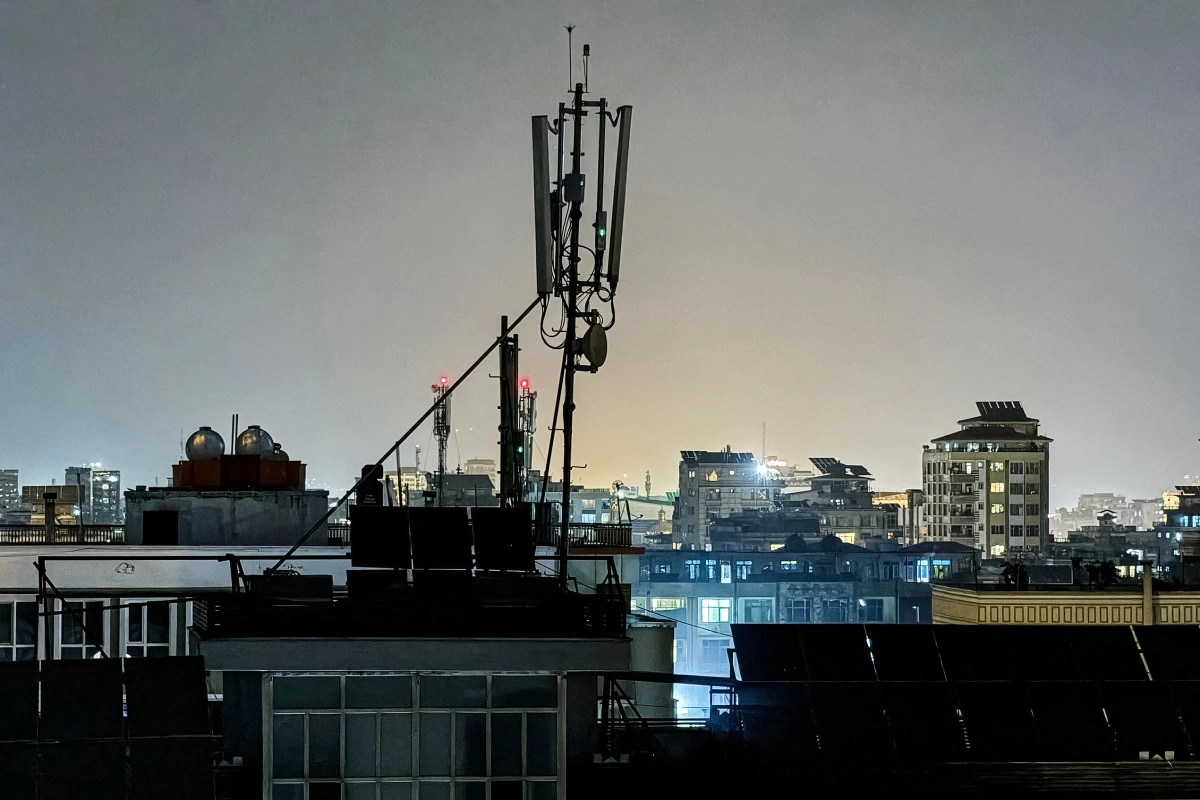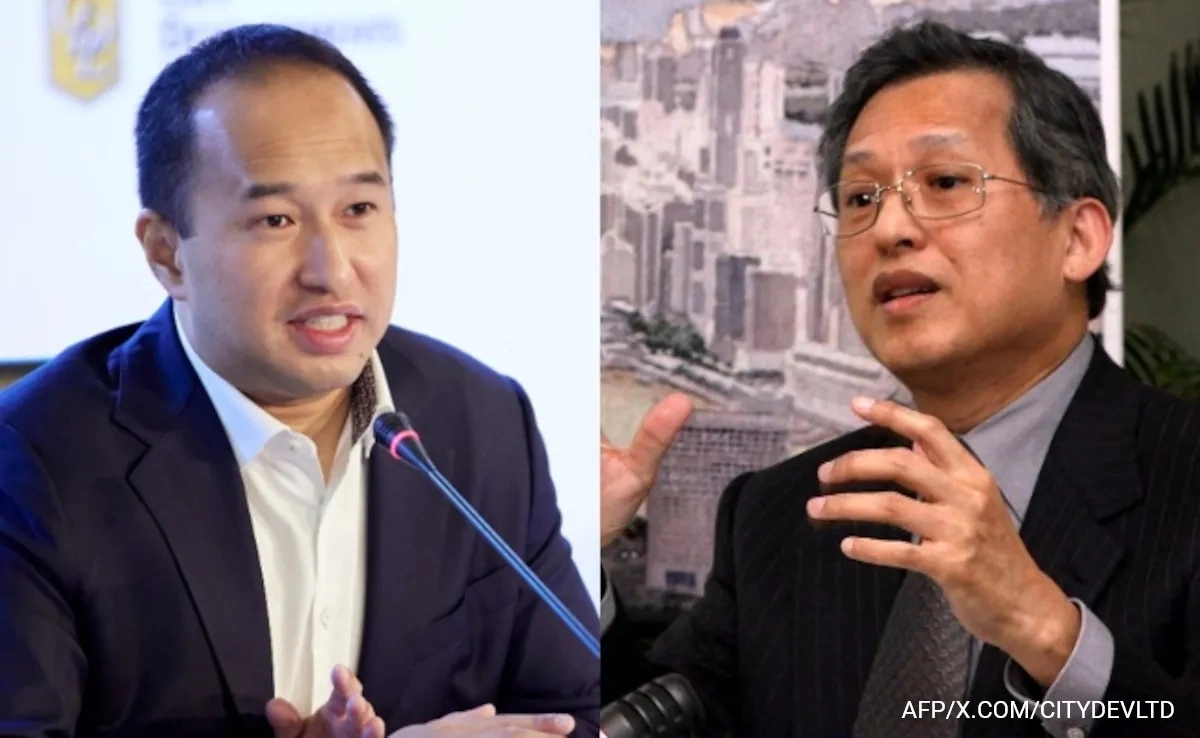The recent decision by the United States to impose sanctions on several Palestinian rights organizations has sparked significant controversy and concern. These sanctions are reportedly linked to an investigation by the International Criminal Court (ICC) regarding allegations of war crimes in the occupied Palestinian territories. The U.S. government has classified these organizations as being involved in activities that undermine U.S. foreign policy objectives and could potentially enable actions against Israel. This move has raised alarms among human rights advocates, who argue that it undermines the crucial work of these organizations that aim to document human rights abuses and advocate for the rights of Palestinians.
Critics of the sanctions argue that they reflect a broader trend of silencing dissent and limiting the scope of human rights advocacy in the region. The targeted groups have been instrumental in bringing attention to issues such as unlawful detentions, violence against civilians, and the systemic discrimination faced by Palestinians. By imposing sanctions, the U.S. risks alienating itself from global human rights norms and diminishing the credibility of its own commitments to democratic principles and international law. Furthermore, such actions may exacerbate tensions in an already volatile region, as they may be perceived as tacit support for the status quo and Israeli policies that many view as oppressive.
Supporters of the sanctions, however, contend that they are a necessary measure to ensure that organizations do not engage in activities that could incite violence or further destabilize the region. They argue that the U.S. has a responsibility to protect its national interests and maintain its relationship with Israel, a key ally in the Middle East. Nevertheless, this viewpoint has drawn significant criticism, particularly from those who believe that genuine peace and stability in the region can only be achieved through respect for human rights and justice for all parties involved. The sanctions against Palestinian rights groups highlight the complex and often contentious nature of international relations and human rights advocacy, raising important questions about the balance between national interests and the promotion of universal human rights.
As this situation unfolds, it remains to be seen how these sanctions will impact the work of these organizations and the broader human rights landscape in the Palestinian territories. The international community, including various human rights organizations and activists, is closely monitoring the consequences of these actions. Many are calling for a reassessment of U.S. policy towards Palestinian rights and a more nuanced approach that prioritizes human dignity and justice. In a time when tensions are high, it is crucial for all stakeholders to engage in constructive dialogue and seek pathways towards lasting peace that respect the rights and aspirations of all peoples involved.




